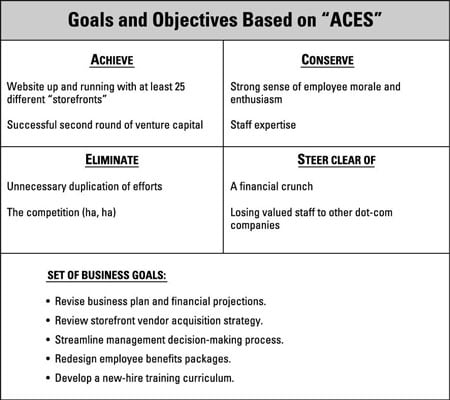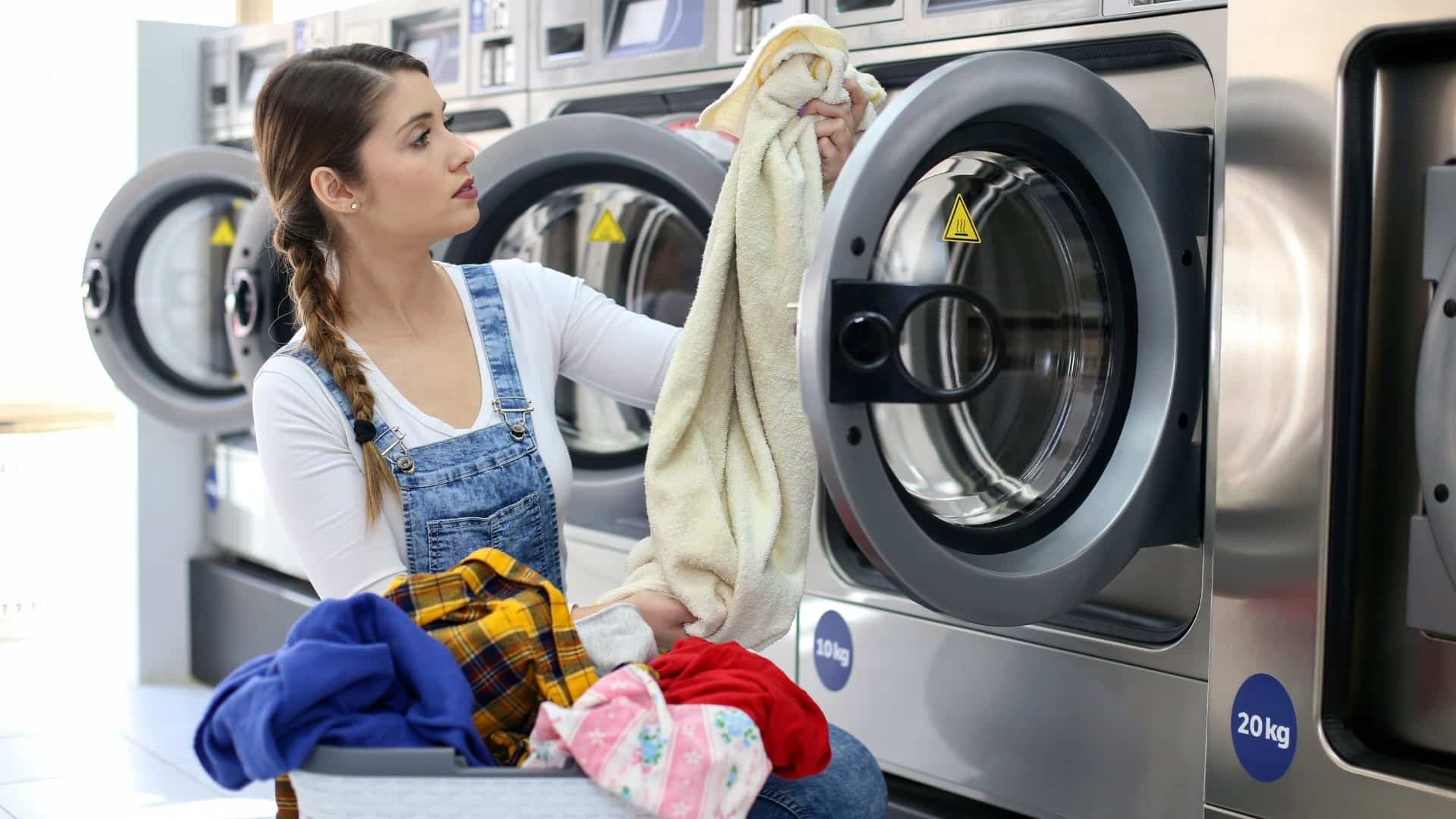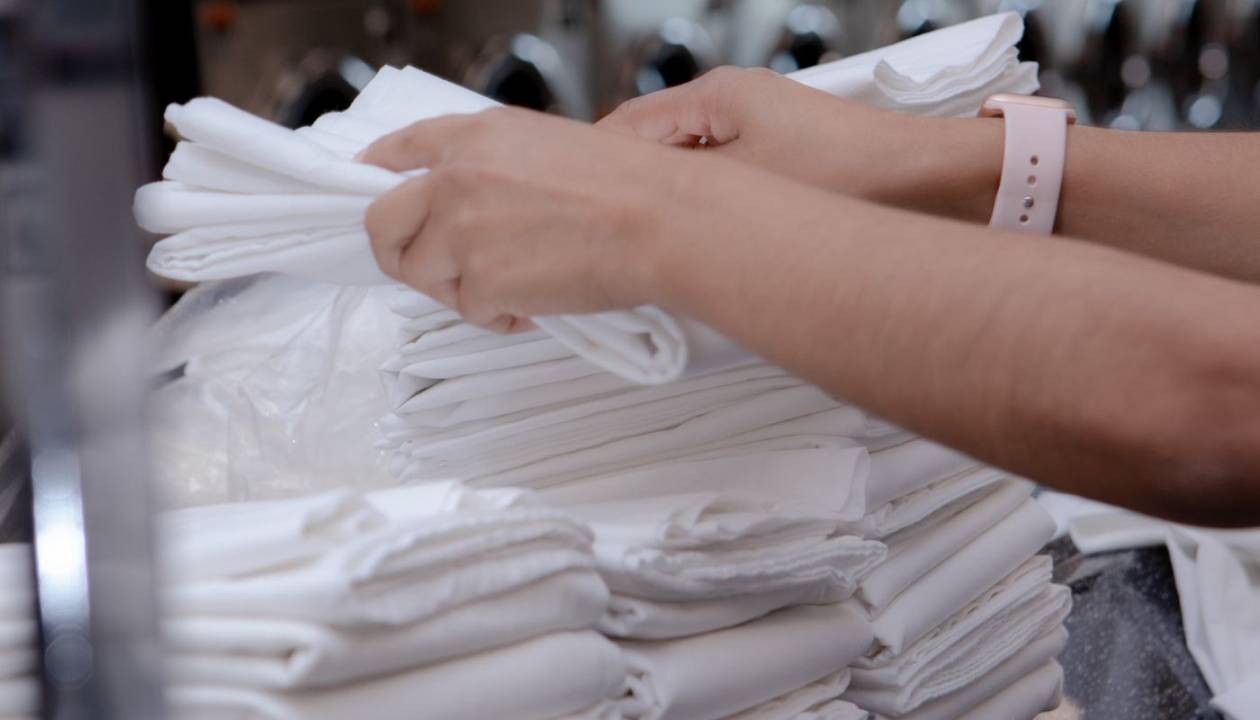Understanding the Laundry Industry: Market Trends and Opportunities
The laundry industry is a growing market with increasing demand for convenient and efficient laundry services. To start a successful laundry business, it’s essential to understand the current state of the industry, including market trends, growth opportunities, and target audience analysis. The global laundry market is expected to reach $15.5 billion by 2025, driven by the increasing demand for laundry services from the residential and commercial sectors.
One of the significant trends in the laundry industry is the shift towards eco-friendly and sustainable laundry practices. Consumers are becoming more environmentally conscious, and laundry businesses that adopt eco-friendly practices, such as using energy-efficient equipment and biodegradable detergents, are likely to attract more customers. Additionally, the rise of the gig economy and the increasing demand for convenience have led to the growth of laundry delivery services, which offer customers the flexibility to have their laundry picked up, washed, and delivered to their doorstep.
When starting a laundry business, it’s crucial to identify the target audience and understand their needs and preferences. The target audience for a laundry business can include residential customers, commercial customers, such as hotels and restaurants, and industrial customers, such as hospitals and healthcare facilities. Understanding the target audience’s needs and preferences will help laundry businesses develop effective marketing strategies and provide services that meet their customers’ demands.
For entrepreneurs looking to start a laundry business, understanding the market trends and opportunities is crucial for developing a successful business strategy. By analyzing the market and identifying areas of opportunity, entrepreneurs can create a laundry business that meets the needs of their target audience and stays ahead of the competition. Whether you’re looking to start a small laundry business or a large commercial laundry operation, understanding the laundry industry is essential for success.
As the laundry industry continues to grow and evolve, entrepreneurs who are looking to start a laundry business must stay up-to-date with the latest trends and technologies. By doing so, they can develop a competitive edge and create a successful laundry business that meets the needs of their customers. With the right knowledge and planning, starting a laundry business can be a lucrative and rewarding venture.
Defining Your Laundry Business Model: Services and Revenue Streams
When starting a laundry business, it’s essential to define your business model and identify the services and revenue streams that will drive your success. A well-defined business model will help you differentiate your business from competitors, attract and retain customers, and ultimately, drive revenue and growth.
There are several types of laundry business models to consider, including retail laundry, commercial laundry, and laundry delivery services. Retail laundry businesses provide laundry services to individual customers, often through a storefront or online platform. Commercial laundry businesses, on the other hand, provide laundry services to businesses, such as hotels, restaurants, and healthcare facilities. Laundry delivery services offer customers the convenience of having their laundry picked up, washed, and delivered to their doorstep.
In addition to defining your business model, it’s also important to identify the revenue streams that will drive your business. Some common revenue streams for laundry businesses include wash-and-fold services, dry cleaning services, and laundry subscription services. Wash-and-fold services involve washing, drying, and folding customers’ laundry, while dry cleaning services involve cleaning delicate or special-care items. Laundry subscription services offer customers the convenience of regular laundry pickups and deliveries.
When defining your laundry business model, it’s also important to consider the competition and market demand. Conducting market research and analyzing the competition will help you identify gaps in the market and opportunities to differentiate your business. By understanding your target audience and their needs, you can develop a business model that meets their demands and sets your business up for success.
For entrepreneurs looking to start a laundry business, defining a clear business model and identifying revenue streams is crucial for success. By doing so, you can create a business that meets the needs of your target audience, differentiates itself from competitors, and drives revenue and growth. Whether you’re looking to start a small laundry business or a large commercial laundry operation, defining your business model is an essential step in the startup process.
When starting a laundry business, it’s also important to consider the costs associated with each business model and revenue stream. For example, wash-and-fold services may require significant investments in equipment and staffing, while dry cleaning services may require specialized equipment and training. By understanding the costs associated with each business model and revenue stream, you can make informed decisions about which services to offer and how to price them.
Conducting Market Research and Analyzing the Competition
Conducting market research and analyzing the competition is a crucial step in starting a successful laundry business. Market research helps you understand your target audience, their needs, and preferences, while analyzing the competition helps you identify gaps in the market and opportunities to differentiate your business.
When conducting market research, it’s essential to gather data on your target audience, including demographics, behavior, and preferences. This data can be collected through surveys, focus groups, and online analytics tools. By understanding your target audience, you can develop a business strategy that meets their needs and sets your business up for success.
Analyzing the competition is also critical in starting a laundry business. By understanding your competitors’ strengths, weaknesses, and market share, you can identify opportunities to differentiate your business and gain a competitive edge. This can be done by conducting a competitor analysis, which involves researching your competitors’ business models, services, and marketing strategies.
Some key factors to consider when analyzing the competition include their pricing strategy, service offerings, and marketing tactics. By understanding how your competitors are pricing their services, you can develop a pricing strategy that is competitive and profitable. By analyzing their service offerings, you can identify gaps in the market and opportunities to offer unique services that set your business apart.
When starting a laundry business, it’s also essential to analyze the competitive landscape and identify opportunities to differentiate your business. This can be done by conducting a SWOT analysis, which involves identifying your business’s strengths, weaknesses, opportunities, and threats. By understanding your business’s strengths and weaknesses, you can develop a business strategy that leverages your strengths and addresses your weaknesses.
In addition to conducting market research and analyzing the competition, it’s also essential to stay up-to-date with industry trends and developments. This can be done by attending industry conferences, reading industry publications, and following industry leaders on social media. By staying informed about industry trends and developments, you can identify opportunities to innovate and stay ahead of the competition.
By conducting market research and analyzing the competition, you can develop a business strategy that sets your laundry business up for success. Remember to stay focused on your target audience and their needs, and to continuously monitor and adapt to changes in the market. With the right strategy and a deep understanding of your target audience and the competition, you can build a successful laundry business that meets the needs of your customers and drives revenue and growth.
Creating a Business Plan: Setting Goals, Objectives, and Financial Projections
Creating a comprehensive business plan is a crucial step in starting a successful laundry business. A business plan serves as a roadmap for your business, outlining your goals, objectives, and financial projections. It helps you stay focused, make informed decisions, and measure progress.
A laundry business plan should include several key components, including a business description, market analysis, marketing and sales strategy, financial projections, and management team. The business description should provide an overview of your business, including its mission statement, products and services, and target market. The market analysis should provide an in-depth analysis of your target market, including demographics, needs, and trends.
The marketing and sales strategy should outline how you plan to reach and engage with your target market, including your pricing strategy, advertising and promotion plans, and sales tactics. The financial projections should provide a detailed breakdown of your business’s financial performance, including revenue, expenses, and profits. The management team section should provide an overview of your business’s leadership team, including their experience, skills, and qualifications.
When creating a business plan for your laundry business, it’s essential to set specific, measurable, achievable, relevant, and time-bound (SMART) goals. SMART goals help you stay focused and motivated, and provide a clear direction for your business. For example, a SMART goal for a laundry business might be to increase revenue by 10% within the first six months of operation.
In addition to setting SMART goals, it’s also essential to create a detailed financial plan for your laundry business. This should include a breakdown of your business’s startup costs, ongoing expenses, and projected revenue. It’s also essential to create a cash flow projection, which outlines your business’s projected income and expenses over a specific period.
When starting a laundry business, it’s also essential to consider the importance of scalability. A scalable business plan should outline how you plan to grow and expand your business over time, including your plans for increasing revenue, expanding your customer base, and improving operational efficiency.
By creating a comprehensive business plan, you can set your laundry business up for success and create a roadmap for growth and expansion. Remember to stay focused on your goals, objectives, and financial projections, and to continuously monitor and adapt to changes in the market.
Obtaining Licenses and Permits: Navigating Regulatory Requirements
Starting a laundry business requires obtaining the necessary licenses and permits to operate legally. The specific licenses and permits required may vary depending on the location and type of laundry business. In this section, we will discuss the common licenses and permits required to start a laundry business and provide guidance on how to navigate regulatory requirements.
Environmental Permits: Laundry businesses that use large amounts of water and energy may require environmental permits to operate. These permits ensure that the business is not harming the environment and is in compliance with local regulations. To obtain an environmental permit, you will need to submit an application to the relevant regulatory agency and provide information about your business’s operations and environmental impact.
Health Department Permits: Laundry businesses that handle soiled laundry may require health department permits to operate. These permits ensure that the business is handling soiled laundry in a way that prevents the spread of disease and maintains public health. To obtain a health department permit, you will need to submit an application to the relevant regulatory agency and provide information about your business’s operations and sanitation procedures.
Business Licenses: All laundry businesses require a business license to operate. A business license is a permit that allows a business to operate in a specific location and is usually issued by the local government. To obtain a business license, you will need to submit an application to the relevant regulatory agency and provide information about your business’s operations and ownership structure.
Other Licenses and Permits: Depending on the location and type of laundry business, there may be other licenses and permits required to operate. For example, a laundry business that uses dry cleaning equipment may require a permit from the local fire department. It is essential to research the specific licenses and permits required for your laundry business and ensure that you are in compliance with all regulatory requirements.
Navigating Regulatory Requirements: Obtaining the necessary licenses and permits to start a laundry business can be a complex and time-consuming process. It is essential to research the specific licenses and permits required for your business and ensure that you are in compliance with all regulatory requirements. You may want to consider hiring a lawyer or business consultant to help you navigate the regulatory requirements and ensure that your business is in compliance with all laws and regulations.
By obtaining the necessary licenses and permits, you can ensure that your laundry business is operating legally and is in compliance with all regulatory requirements. This will help you avoid fines and penalties and ensure that your business is successful and profitable.
Setting Up Operations: Equipment, Supplies, and Staffing
Setting up operations is a critical step in starting a laundry business. This involves acquiring the necessary equipment, supplies, and staffing to ensure efficient and effective operations. In this section, we will discuss the essential equipment, supplies, and staffing requirements for a laundry business.
Equipment Requirements: The type of equipment required for a laundry business will depend on the type of services offered. For example, a retail laundry business may require washers, dryers, and folding machines, while a commercial laundry business may require larger, industrial-sized equipment. It is essential to research and invest in high-quality equipment that meets the needs of your business.
Supply Requirements: In addition to equipment, a laundry business will also require a range of supplies, including detergents, fabric softeners, and cleaning agents. It is essential to source high-quality supplies that are effective and efficient. Consider partnering with a reputable supplier to ensure a consistent and reliable supply of essential materials.
Staffing Requirements: A laundry business will require a team of skilled and experienced staff to manage operations, provide customer service, and perform tasks such as washing, drying, and folding. It is essential to hire staff who are reliable, efficient, and customer-focused. Consider investing in training and development programs to ensure that your staff have the skills and knowledge required to provide excellent service.
Staff Roles and Responsibilities: A laundry business will require a range of staff roles, including management, customer service, and operational staff. Management staff will be responsible for overseeing operations, managing finances, and making strategic decisions. Customer service staff will be responsible for providing excellent customer service, responding to customer inquiries, and resolving issues. Operational staff will be responsible for performing tasks such as washing, drying, and folding.
Recruitment and Training: Recruiting and training staff is a critical step in setting up operations for a laundry business. Consider using a range of recruitment strategies, including online advertising, social media, and employee referrals. Provide comprehensive training programs to ensure that staff have the skills and knowledge required to perform their roles effectively.
By investing in the right equipment, supplies, and staffing, you can ensure that your laundry business is well-equipped to provide excellent service and meet the needs of your customers. Remember to research and invest in high-quality equipment and supplies, and to hire staff who are reliable, efficient, and customer-focused.
Marketing and Promoting Your Laundry Business: Strategies for Success
Marketing and promoting your laundry business is crucial to attracting and retaining customers. In this section, we will discuss effective marketing and promotion strategies for a laundry business, including social media marketing, local SEO, and customer loyalty programs.
Social Media Marketing: Social media platforms such as Facebook, Twitter, and Instagram are excellent channels for promoting your laundry business. Create a business page on each platform and post regular updates about your services, promotions, and events. Use relevant hashtags to increase visibility and engage with your followers by responding to comments and messages.
Local SEO: Local SEO is critical for laundry businesses that serve a specific geographic area. Optimize your website for local search by including your business’s name, address, and phone number (NAP) consistently across the web. Use location-specific keywords in your website’s content and meta tags to improve visibility in local search results.
Customer Loyalty Programs: Customer loyalty programs are an excellent way to retain customers and encourage repeat business. Implement a loyalty program that rewards customers for frequent visits or purchases. Offer discounts, free services, or exclusive promotions to loyal customers to keep them coming back.
Building a Strong Brand Identity: Building a strong brand identity is essential for differentiating your laundry business from competitors. Develop a unique logo, color scheme, and typography that reflects your business’s values and mission. Use consistent branding across all marketing channels, including your website, social media, and advertising materials.
Content Marketing: Content marketing is an effective way to attract and engage with potential customers. Create informative and engaging content such as blog posts, videos, and infographics that provide value to your target audience. Share your content on social media and your website to attract and retain customers.
Referral Marketing: Referral marketing is a powerful way to attract new customers. Implement a referral program that rewards existing customers for referring friends and family. Offer incentives such as discounts or free services for successful referrals.
By implementing these marketing and promotion strategies, you can effectively promote your laundry business and attract and retain customers. Remember to track the effectiveness of each strategy and adjust your approach as needed to achieve optimal results.
Launching and Growing Your Laundry Business: Overcoming Challenges and Scaling for Success
Launching and growing a laundry business can be a challenging but rewarding experience. In this section, we will provide guidance on how to overcome common challenges, scale operations, and expand services to maintain a competitive edge in the market.
Overcoming Common Challenges: One of the biggest challenges faced by laundry businesses is competition. To overcome this challenge, it’s essential to differentiate your business from competitors by offering unique services, providing excellent customer service, and building a strong brand identity.
Scaling Operations: As your laundry business grows, it’s essential to scale operations to meet increasing demand. This can be achieved by investing in new equipment, hiring additional staff, and implementing efficient processes and systems.
Expanding Services: Expanding services is an excellent way to grow your laundry business and increase revenue. Consider offering additional services such as dry cleaning, alterations, and laundry delivery to attract new customers and increase customer loyalty.
Maintaining a Competitive Edge: To maintain a competitive edge in the market, it’s essential to stay up-to-date with the latest trends and technologies. Consider investing in new equipment and technology, such as automated laundry systems and mobile apps, to improve efficiency and customer satisfaction.
Monitoring and Adjusting: Monitoring and adjusting your business strategy is crucial to success. Continuously monitor your business’s performance, gather feedback from customers, and make adjustments as needed to stay competitive and achieve long-term success.
By following these tips and strategies, you can overcome common challenges, scale operations, and expand services to maintain a competitive edge in the market. Remember to stay focused on your target audience, continuously monitor and adjust your business strategy, and invest in new equipment and technology to stay ahead of the competition.
Launching and growing a laundry business requires careful planning, execution, and ongoing monitoring and adjustment. By following the guidance provided in this article, you can set your business up for success and achieve long-term growth and profitability.








